Black women’s hair is incredibly diverse, beautiful, and often the subject of fascination and curiosity. With its unique texture, curl patterns, and varying styles, it has become a symbol of cultural identity, self-expression, and pride. However, there are many misconceptions and misunderstandings surrounding black women’s hair, which can lead to confusion and frustration. In this enlightening article, we will delve into eight key aspects of black women’s hair that you have always wanted to know. From understanding its diversity and unique characteristics to addressing common hair care challenges and debunking myths, we aim to provide comprehensive insights and practical tips for embracing and caring for black women’s hair. Whether you are a black woman seeking to better understand and care for your hair or someone interested in learning more about this important topic, this article will serve as a valuable resource. Get ready to unlock the secrets and gain a deeper appreciation for the beauty and significance of black women’s hair.
Introduction
“Black women’s hair” refers to the hair of women with Black or African heritage. It encompasses a wide range of textures, patterns, and styles that are unique to individuals of African descent. Black women’s hair can be naturally curly, coily, or tightly coiled, and it can vary in thickness, density, and length. It is known for its versatility and ability to be styled in various ways, including natural hairstyles, braids, twists, weaves, and extensions. Black women’s hair holds cultural significance and is an important aspect of self-expression, identity, and beauty within the Black community. It requires specific care and maintenance routines tailored to its unique characteristics and needs.

The Diversity of Black Women’s Hair
The diversity of Black women’s hair is a testament to the beauty and versatility that can be found within the African diaspora. From the stunning array of textures, patterns, and styles, Black women’s hair showcases an incredible range of possibilities. It is a celebration of the rich cultural heritage and individuality that is deeply ingrained in the Black community. From tight coils to loose waves, from kinks to curls, each strand tells a unique story and reflects the diverse ancestry and genetic makeup of Black women. Understanding and appreciating the diversity of Black women’s hair is not only an exploration of aesthetics but also an acknowledgment of the historical, social, and personal significance it holds. In this article, we embark on a journey to uncover the fascinating world of Black women’s hair, delving into the intricacies of different textures, the significance of natural hair, and the immense pride that comes with embracing one’s unique hair journey. Whether you are a Black woman looking for inspiration, someone seeking to expand their knowledge, or simply an admirer of the beauty found in diversity, this article will provide valuable insights and appreciation for the diverse tapestry of Black women’s hair.
The Unique Characteristics of Black Hair
The unique characteristics of black hair set it apart from all other hair types, making it a source of fascination and admiration. Black hair is not simply a variation of other hair textures; it possesses distinct qualities that contribute to its beauty and versatility. From its texture to its growth patterns, black hair has a story of its own. In this article, we will explore the captivating world of black hair, shedding light on its unique traits and debunking common misconceptions. So, let’s dive into the realm of black hair and discover why it stands out from the rest.
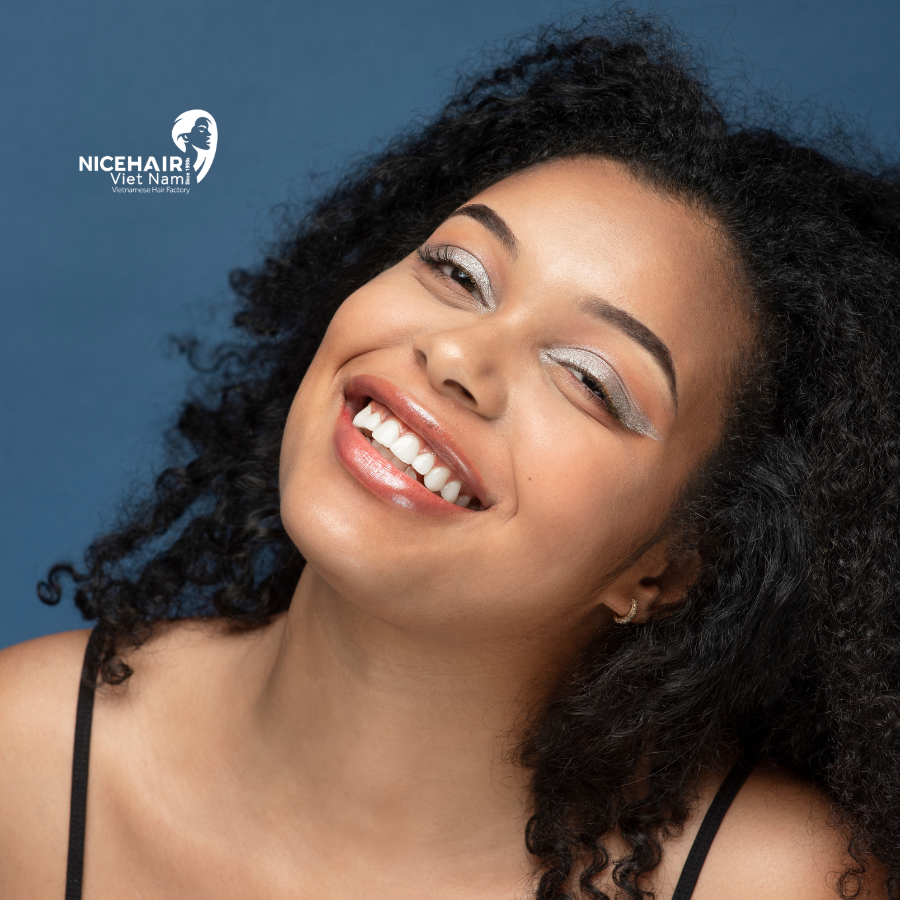
Black hair is different than all other hair
Black hair stands out due to its distinct texture and structure. It is often characterized by tight coils, curls, or waves, known as its natural texture. Unlike straight or wavy hair, black hair has a more pronounced curl pattern, which contributes to its unique appearance. The coils and curls in black hair are the result of the hair follicles being oval or flat in shape, causing the hair to grow in a curved manner. This distinctive structure gives black hair its signature springiness and volume.
Additionally, black hair has a higher density compared to other hair types. This means that there are more hair strands per square inch, resulting in a fuller and thicker appearance. The high density of black hair can create stunning visual effects and allow for a wide range of styling options.
Black hair does grow
Contrary to a common misconception, black hair does indeed grow. However, due to its unique texture and curl pattern, the growth may not be as noticeable compared to straight hair. The tight coils in black hair can create the illusion of slower growth, as the hair strands coil back upon themselves. This can make it challenging to gauge the actual lengthening of the hair.
It is important to note that hair growth rates vary among individuals, regardless of their hair type. Factors such as genetics, overall health, and hair care practices play a significant role in determining the rate at which hair grows. While black hair may require specific care and attention to maintain its health and promote growth, it possesses the same potential for lengthening as any other hair type.
In conclusion, black hair is distinct and remarkable in its own right. With its unique texture, structure, and growth patterns, black hair stands out as a beautiful and versatile hair type. Understanding and appreciating the unique characteristics of black hair not only allows for better care and maintenance but also promotes a greater sense of cultural pride and self-acceptance. So, let’s celebrate the diversity of black hair and embrace its exceptional qualities.
Styling Options for Black Women
When it comes to styling options, Black women have an abundance of choices that allow them to express their individuality and embrace their unique beauty. From transforming their looks with perms and weaves to enhancing their natural hair with extensions, Black women have a myriad of options to experiment with. Moreover, there is a growing movement that celebrates and embraces natural hair, encouraging women to showcase their authentic selves. In this article, we will explore the diverse styling options available to Black women, from altering their hair texture with perms to the artistry of weaves and extensions. We will also delve into the significance of embracing natural hair, empowering women to celebrate their roots and the beauty of their natural tresses. So, let’s dive into the world of styling options for Black women and discover the limitless possibilities for expressing their unique style and identity.
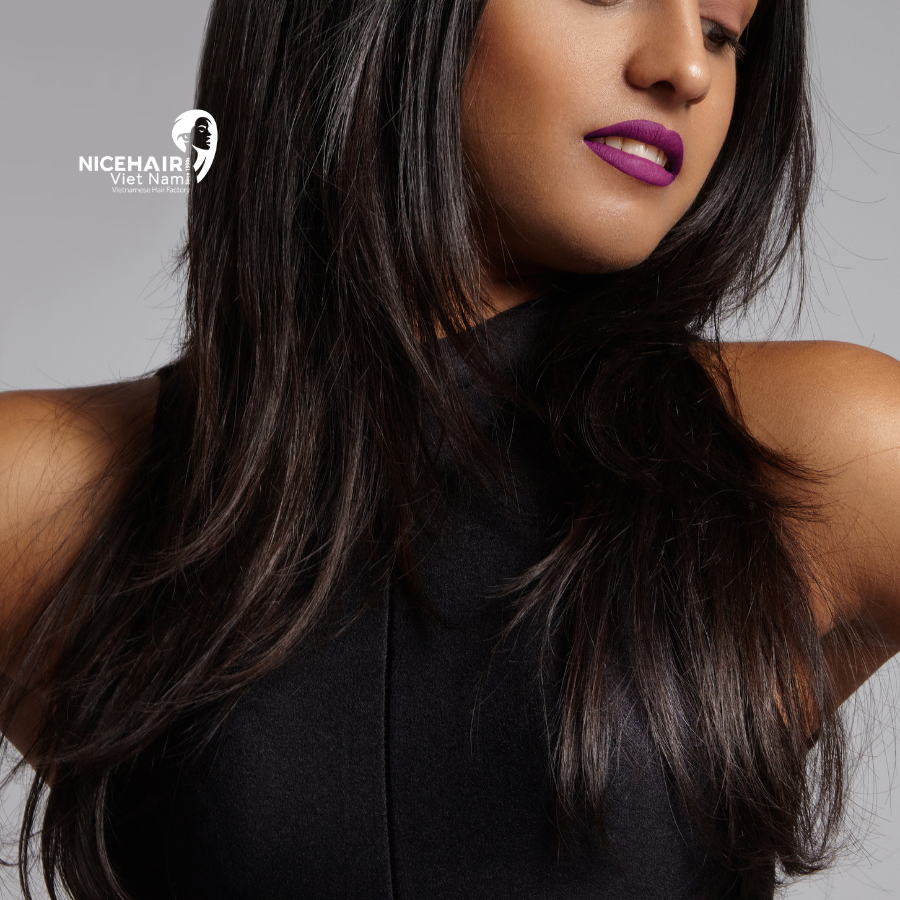
Perms
Perms, also known as chemical relaxers, have long been a popular option for Black women seeking to alter the natural texture of their hair. Perms involve using chemicals to break down the protein structure of the hair, allowing it to be reshaped into a straight or wavy pattern. This styling option provides versatility, as women can choose between different levels of straightness or wave patterns to achieve their desired look. However, it is essential to note that perms require proper care and maintenance to preserve the health and integrity of the hair.
Weaves
Weaves have revolutionized the world of hairstyling for Black women, offering a multitude of possibilities for length, volume, and style. A weave involves attaching hair extensions to natural hair using various techniques, such as sewing, bonding, or gluing. This method allows for the seamless blending of the natural hair with the extensions, creating a full and glamorous look. Weaves come in different textures, colors, and lengths, allowing women to experiment with different styles and dramatically transform their appearance.
Extensions
Hair extensions are another popular styling option for Black women, offering versatility and the opportunity to experiment with different looks. Extensions can be added to the natural hair to provide additional length, volume, or color. They come in various types, including clip-ins, tape-ins, and fusion extensions. Extensions allow women to switch up their style effortlessly, from short to long, straight to curly, or even add highlights or vibrant colors, all without permanently altering their natural hair.
Embracing Natural Hair
In recent years, there has been a significant movement encouraging Black women to embrace and celebrate their natural hair. This movement promotes self-acceptance and challenges societal beauty standards by highlighting the beauty and versatility of natural Black hair. Embracing natural hair means wearing the hair’s natural texture, whether it’s coils, curls, or kinks, without chemical treatments or extensions. It involves adopting a hair care routine that nourishes and enhances the natural beauty of the hair, emphasizing its unique characteristics and cultural significance.
In conclusion, Black women have an array of styling options to express their individuality and style. Whether it’s through perms, weaves, extensions, or embracing their natural hair, these options empower Black women to experiment, enhance their beauty, and embrace their roots. Each styling choice offers its own set of advantages and considerations, allowing women to explore different looks and express their unique personalities. Ultimately, the decision of how to style their hair is a personal one, enabling Black women to celebrate their beauty in a way that resonates with their identity and cultural heritage.
The Significance of Natural Hair
Natural hair has become a powerful symbol of self-acceptance, cultural pride, and empowerment for Black men and women around the world. It represents a shift in societal beauty standards and a reclaiming of identity. Natural hair, referring to hair in its unaltered state without chemical treatments or extensions, has gained significant importance and recognition in recent years. It is not just a hairstyle; it is a statement, a celebration of individuality, and a means of embracing one’s heritage. In this article, we explore the significance of natural hair, examining its cultural, social, and personal implications. From challenging stereotypes to promoting self-love and acceptance, natural hair is a big deal that is reshaping perceptions of beauty and inspiring countless individuals to embrace their authentic selves. So, let’s delve into the world of natural hair and uncover its profound impact on the lives of Black women.
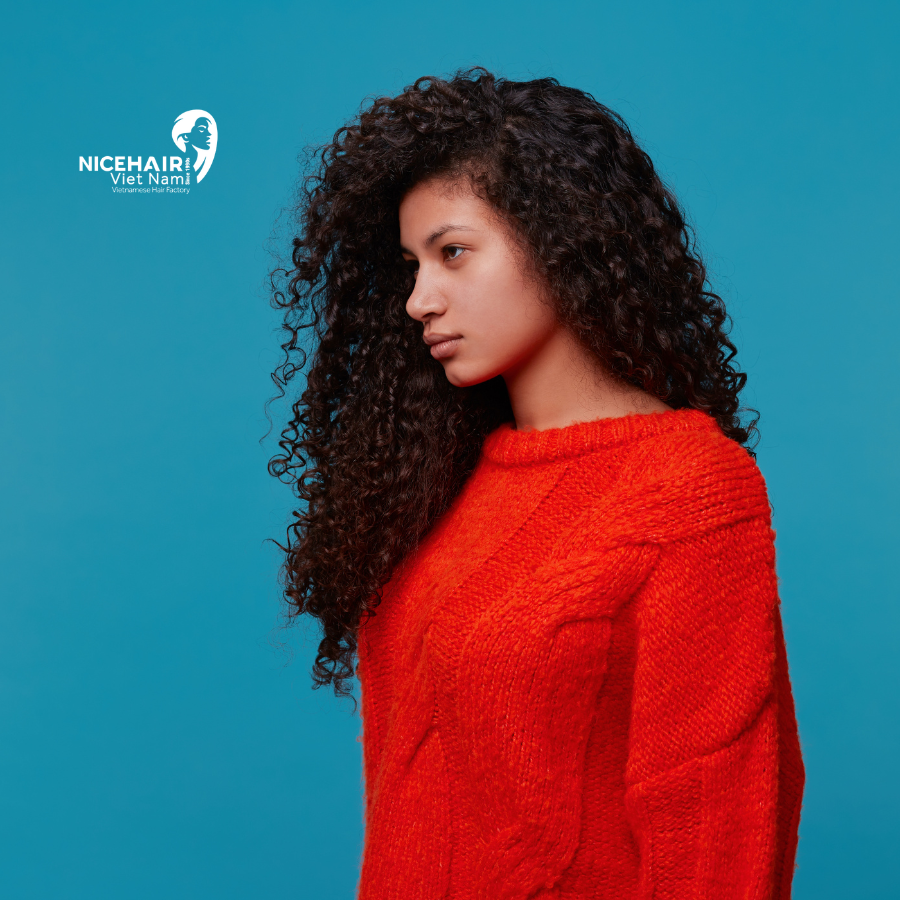
Natural hair is a big deal.
The significance of natural hair goes far beyond mere aesthetics. For many Black individuals, embracing their natural hair is a powerful act of self-acceptance and reclaiming their cultural identity. For decades, mainstream beauty standards have favored Eurocentric ideals, promoting straight and smooth hair as the epitome of beauty. This has often led to the marginalization and erasure of Black hair and its unique characteristics. However, the natural hair movement has emerged as a force of change, challenging these limited beauty standards and celebrating the beauty of Black hair in all its diverse textures and patterns. Embracing natural hair allows individuals to defy societal expectations and proudly display their authentic selves. It is a way of rejecting conformity and embracing the inherent beauty of their natural features.
Moreover, natural hair has a deep cultural significance within the Black community. It represents a connection to ancestral roots, carrying the legacy of heritage, resilience, and strength. Natural hair can be a powerful form of self-expression, allowing individuals to showcase their cultural pride and heritage. It serves as a visible reminder of the beauty and diversity within the Black community, fostering a sense of unity and empowerment.
Additionally, the natural hair movement has had a profound impact on the self-esteem and confidence of individuals who have long felt marginalized or judged for their hair texture. It has provided a platform for open discussions about beauty standards, self-acceptance, and embracing one’s true self. The acceptance and celebration of natural hair have inspired many individuals to love and appreciate themselves as they are, leading to greater self-esteem and a positive body image.
In conclusion, natural hair is not just a trend; it is a powerful movement that has transformed the way Black individuals view themselves and are viewed by others. It challenges societal norms, celebrates cultural heritage, and promotes self-acceptance. The significance of natural hair reaches far beyond the realm of beauty, encompassing social, cultural, and personal implications. It empowers individuals to embrace their unique features, rewrite beauty standards, and redefine their narratives. The natural hair movement is a testament to the resilience, pride, and beauty within the Black community, and its impact will continue to shape perceptions and inspire generations to come.
Haircare Practices for Black Hair
Proper hair care practices are essential for maintaining the health, vitality, and beauty of all hair types. However, when it comes to Black hair, some specific considerations and techniques need to be followed to ensure optimal care and maintenance. In this article, we delve into the realm of haircare practices for Black hair, focusing on two important aspects: the enemy status of hot combs and the appropriate washing frequency. By understanding these practices, individuals with Black hair can develop a haircare routine that promotes its strength, moisture, and overall well-being. So, let’s explore the vital tips and insights for caring for Black hair and keeping it healthy and radiant.
Hot combs are the enemy
While hot combs have been used for straightening and styling Black hair for many years, they can be detrimental to its health if not used properly. The excessive heat from hot combs can cause damage, breakage, and dryness, leading to weakened and fragile hair strands. It is crucial to exercise caution when using hot combs and ensure that they are set to a suitable temperature to avoid heat-related damage. Additionally, it is recommended to apply a heat-protectant product before using hot combs to minimize the potential harm caused by heat-styling tools.
Instead of relying solely on hot combs, it is advisable to explore alternative styling methods that are gentler on the hair, such as twist-outs, braid-outs, or natural hairstyles that embrace the hair’s texture and natural curl pattern. Embracing the natural state of the hair not only minimizes the risk of damage but also promotes its overall health and encourages the hair to thrive.
Washing frequency for Black hair
Determining the appropriate washing frequency for Black hair is a crucial aspect of its care. Unlike other hair types, Black hair tends to be drier due to its unique structure, which makes it more prone to moisture loss. Washing Black hair too frequently can strip away its natural oils, leading to dryness and breakage. On the other hand, inadequate washing can result in product buildup, scalp issues, and an unhealthy environment for hair growth.
As a general guideline, it is recommended to wash Black hair once every one to two weeks. However, this frequency can vary depending on factors such as hair type, scalp condition, and personal preference. Some individuals may find that they need to wash their hair more frequently, while others may prefer a longer interval between washes. It is crucial to listen to the hair’s needs and adapt the washing frequency accordingly.
When washing Black hair, it is important to use gentle, sulfate-free shampoos that cleanse the hair without stripping away its natural moisture. Additionally, incorporating a moisturizing conditioner and deep conditioning treatments into the haircare routine can help restore and maintain the hair’s hydration levels. Regular moisturizing and sealing techniques, such as applying leave-in conditioners and natural oils, can also contribute to the hair’s overall health and vitality.
In conclusion, proper haircare practices are paramount for maintaining the health and beauty of Black hair. Understanding the potential harm of hot combs and adopting alternative styling methods that embrace the hair’s natural texture can help prevent damage and promote its strength and resilience. Additionally, finding the appropriate washing frequency and using nourishing products specifically designed for Black hair contribute to its moisture balance and overall well-being. By implementing these practices, individuals can ensure that their Black hair remains healthy, vibrant, and resilient for years to come.
Hairstyle Versatility for Black Women
Black women are known for their versatility when it comes to hairstyles, constantly transforming their looks with creativity and flair. The ability to change hairstyles frequently is not only a form of self-expression but also a celebration of the beauty and diversity of Black hair. From sleek and straight styles to vibrant curls and intricate braids, Black women have mastered the art of versatility, effortlessly adapting their hairstyles to suit any occasion or personal preference. In this article, we explore the remarkable versatility of hairstyles for Black women, delving into the reasons behind their frequent hairstyle changes and the impact it has on their confidence and sense of identity. So, let’s embark on a journey through the world of hairstyle versatility and discover the multitude of options available to Black women for expressing their unique style and personality.
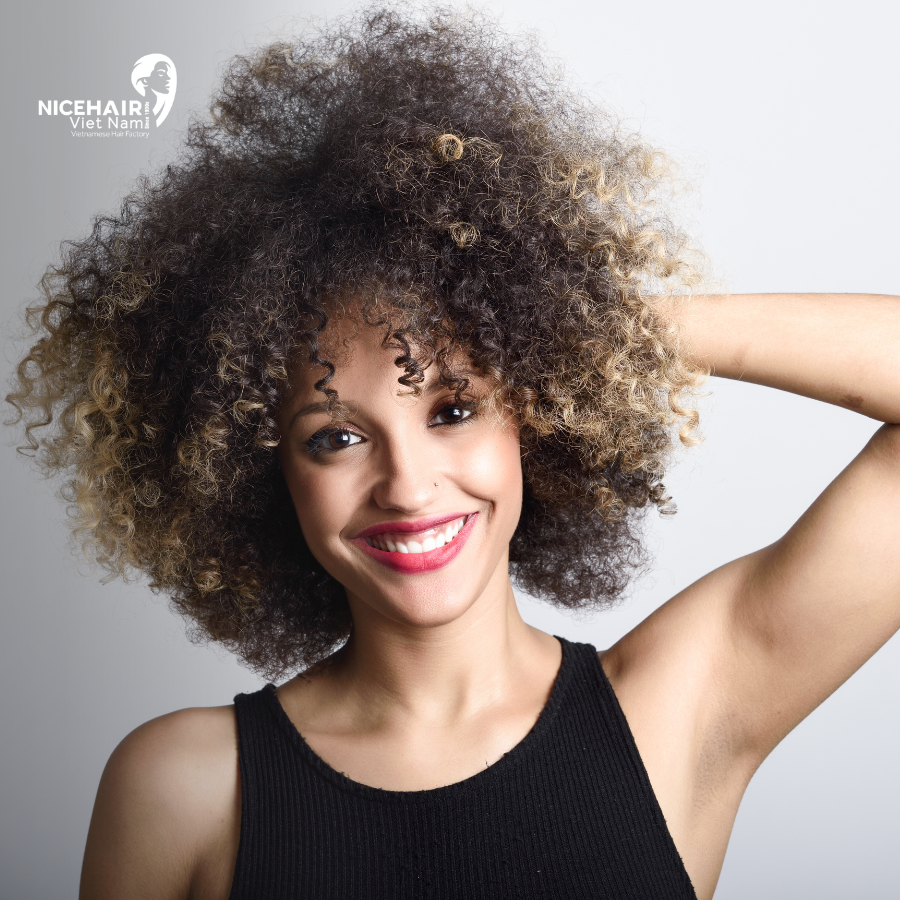
Changing hairstyles frequently.
One of the defining characteristics of Black women’s hairstyles is their ability to change and experiment with different looks regularly. Black women are not bound by the limitations of a single hairstyle; instead, they embrace the freedom to switch things up and showcase their creativity. The desire for frequent hairstyle changes can stem from various reasons, including personal style preferences, fashion trends, cultural influences, and even practical considerations.
For many Black women, changing hairstyles frequently is a way to express their individuality and keep their look fresh and exciting. It allows them to explore different textures, lengths, and colors, reflecting their ever-evolving sense of style. Whether it’s rocking a chic bob, flaunting long and flowing locks, or donning an afro adorned with colorful accessories, the ability to change hairstyles offers endless possibilities for self-expression and experimentation.
Furthermore, hairstyles play a significant role in cultural and social contexts within the Black community. They serve as a means of connecting with cultural heritage and identity. Black women often draw inspiration from traditional African hairstyles and incorporate them into their modern looks, bridging the gap between the past and the present. By embracing hairstyles that celebrate their roots and cultural heritage, Black women establish a strong sense of connection and pride in their identity.
Practicality also plays a part in the frequent hairstyle changes among Black women. The diverse textures and versatility of Black hair make it easy to switch between different styles, from protective braids and twists to sleek updos and glamorous weaves. Black women understand the importance of protecting and maintaining the health of their hair, and changing hairstyles allows them to give their natural hair a break from manipulation and styling while still looking fabulous.
Moreover, the ability to change hairstyles frequently has a significant impact on Black women’s confidence and self-esteem. Each new hairstyle offers a fresh start, allowing women to experiment with different looks and discover what makes them feel most beautiful and empowered. The ability to adapt their hair to suit their mood or the occasion gives Black women a sense of control and confidence in their appearance, boosting their self-assurance and allowing them to navigate the world with poise and grace.
In conclusion, the versatility of hairstyles for Black women is truly awe-inspiring, with frequent changes serving as a testament to their creativity, cultural pride, and self-expression. Black women embrace the ability to transform their hair, exploring a myriad of styles that reflect their personal preferences, cultural heritage, and fashion trends. The constant evolution of hairstyles not only showcases their versatility but also boosts their confidence and empowers them to embrace their unique beauty. Through their ever-changing hairstyles, Black women continue to redefine standards of beauty and inspire others to embrace their individuality.
Personal Boundaries: Touching Black Hair
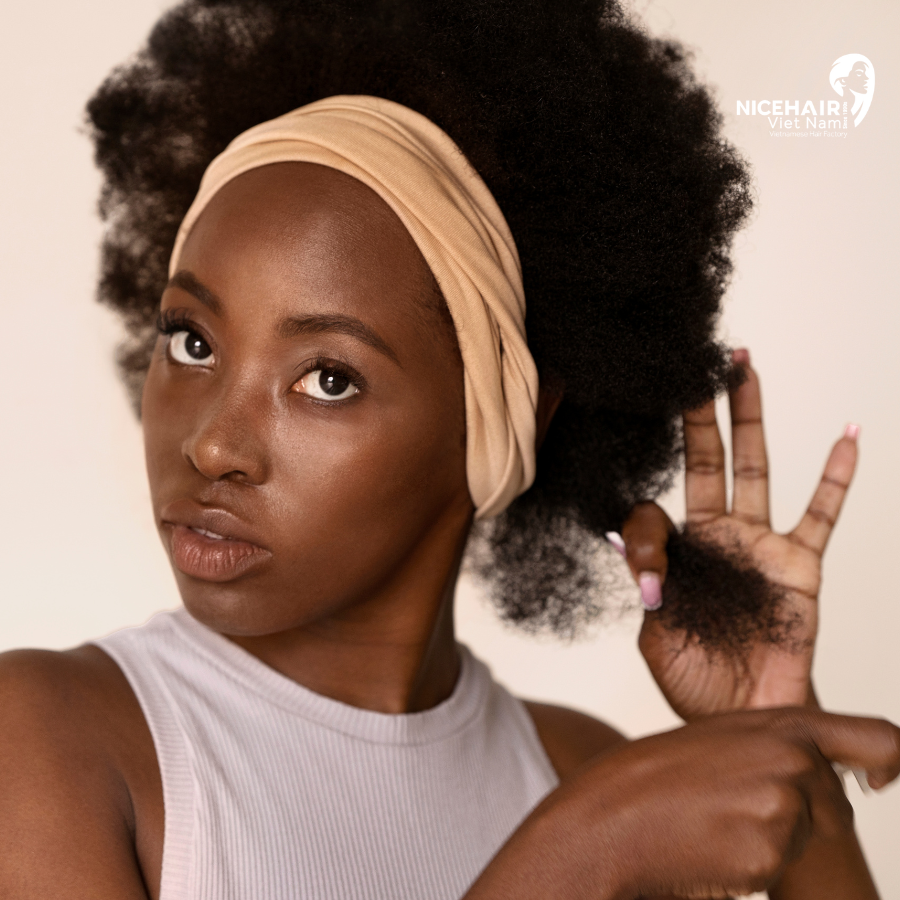
It’s important to understand that touching a Black woman’s hair without her consent is incredibly disrespectful. Even if you ask politely, the answer will most likely be no.
There are several reasons for this boundary. Firstly, I value my personal space and do not want anyone interfering with my hairstyle. I have taken time and effort to style my hair a certain way, and I prefer it to remain undisturbed. Secondly, it’s crucial to consider hygiene. I don’t know where your hands have been, and I would rather not risk any potential damage or contamination to my hair.
Moreover, it’s essential to recognize the deeper implications of this issue. Many of us feel that allowing strangers to touch our hair solely for their curiosity reduces us to the level of being petted like animals. This experience can range from being uncomfortable to outright dehumanizing. Therefore, while it’s perfectly fine to appreciate and admire our hair from a distance, it’s crucial to respect personal boundaries and refrain from touching without permission.
Let’s all practice mutual respect and keep our hands to ourselves, preserving a positive and respectful interaction.
In conclusion, the versatility of hairstyles for Black women is truly awe-inspiring, with frequent changes serving as a testament to their creativity, cultural pride, and self-expression. Black women embrace the ability to transform their hair, exploring a myriad of styles that reflect their personal preferences, cultural heritage, and fashion trends. The constant evolution of hairstyles not only showcases their versatility but also boosts their confidence and empowers them to embrace their unique beauty. Through their ever-changing hairstyles, Black women continue to redefine standards of beauty and inspire others to embrace their individuality.

